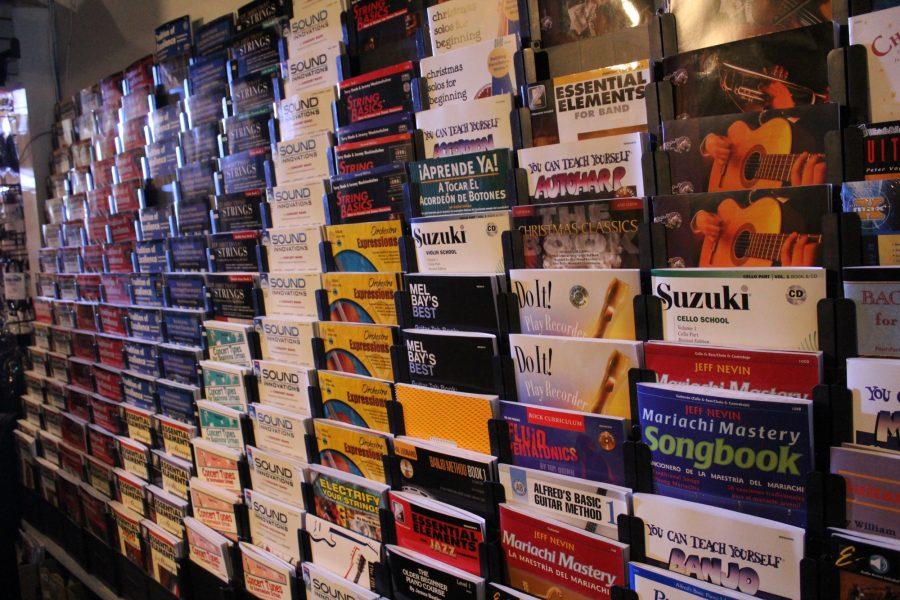
For decades, raunchy and sexual music has been mainstream, and you can listen to it everywhere: the car on your morning commute, the department store while buying cheap clothes or even in commercials in between ‘Friends’ reruns. This genre has been led by men for years and it continues to be accepted and normalized. Not many people bat an eye at the type of language that is found in these songs, especially the younger generation of adults like Millennials and Gen Z who grew up in an era of inherently sexual music. However, many male singers from previous generations have also sung about sex including Marvin Gaye, Prince, Michael Jackson and George Michael. A much shorter list of women had managed to wiggle into the charts throughout the years but not without bad press, negative comments and angry listeners. Many of these women were often called promiscuous, disgusting and many worse insults solely because they sang a sexual song.
RELATED: “Hamilton” at Centennial Hall rescheduled to 2021
In a study of music trends published in Science Daily, 1,250 charted songs from Billboard were analyzed dating back from 1960 to 2008. Out of the 1,250 songs that were analyzed, 22% included some sort of sexual reference and 14% of all the songs included sexually objectifying lyrics; females were more commonly objectified than males, 13% versus 4%. Many of the sexual songs that make it onto the iTunes or Billboard charts are male-sang and male-written. Though there are many women who make these kinds of songs too, the problem is that those songs are not as popular and rather looked down upon.
Why is there such intense backlash against sexual songs sung by women?
There is a double standard in society that also reflects the music industry. It is seen as improper or not lady-like to openly speak about sex, but when men speak of sex or sexualizing women it is seen as ‘locker-room talk’, even when coming from the President of the United States. If one standard exists for one side, then it should exist for the other; both sides should get to own their sexuality. For example, “WAP” by Cardi B was released in order to help break these standards. In an interview with the Zach Sang Show, she stated that she purposely tried to write the raunchiest and “nastiest” song she could to show people that she can and will talk about it.
RELATED: The UA’s Pride of Arizona ready to bring the college spirit back to Tucson
When Cardi B and Megan Thee Stallion released “WAP”, there was no shortage of backlash and negative comments. A part of that backlash came from parents who did not want their kids listening to the song; however, this song was not meant for kids to hear, it was intended for adults to listen to. Most of the angry listeners had a problem with the language and the music video, and most of the bad reviews came from older generations, especially males. In general, “WAP” was accepted by the younger generation of female adults. This was to be expected when the song first released. “WAP” includes extremely explicit lyrics but the words that sound the raunchiest can also be found in lyrics that are written by male singers and rappers on the common pop radio.
This song has become essential to the one-sided music industry because of how high it has charted and how much controversy it brought. “WAP” has removed another brick from the wall that gatekeeps women in the industry. Cardi B and Megan Thee Stallion have joined the ranks of others who aim to normalize women owning their sexuality. Women like Madonna, Britney Spears, Donna Summer and Beyoncé who have all written songs about sex and owned it.
Follow the Daily Wildcat on Twitter









